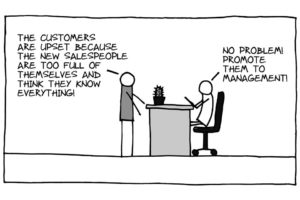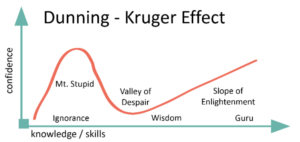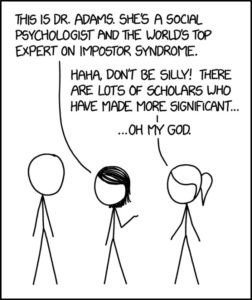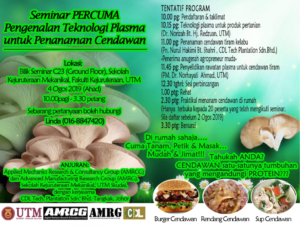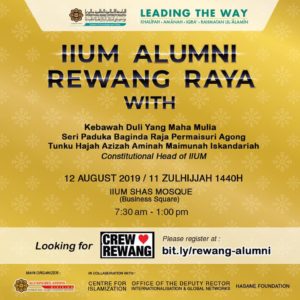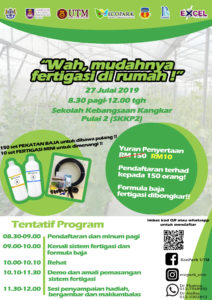A senior colleague and I were discussing about an issue relating how people overestimate their ability level. Meaning, sometimes we might find people who think they know a lot but in reality, they do not know much and they do not even realize it. Ironic, isn’t it? But this is the reality. Incompetent people think that they are amazing, genius (and the list goes on)
The cartoon strip is taken from The Business Times
This is dangerous in academia when you think that you know a lot and thus there is no need for you to learn or relearn something to upgrade what you already know. There is always new thing that we can learn from one another or through reading or doing research. Look at the diagram (taken from Marketcall),
In psychology, it is called as Dunning-Kruger Effect,
“People tend to hold overly favorable views of their abilities in many social and intellectual domains. The authors suggest that this overestimation occurs, in part, because people who are unskilled in these domains suffer a dual burden: Not only do these people reach erroneous conclusions and make unfortunate choices, but their incompetence robs them of the metacognitive ability to realize it.” Excerpt from Justin Kruger and David Dunning (1999) article published in Journal of personality and social psychology.
This is the opposite effect of Impostor syndrome.
